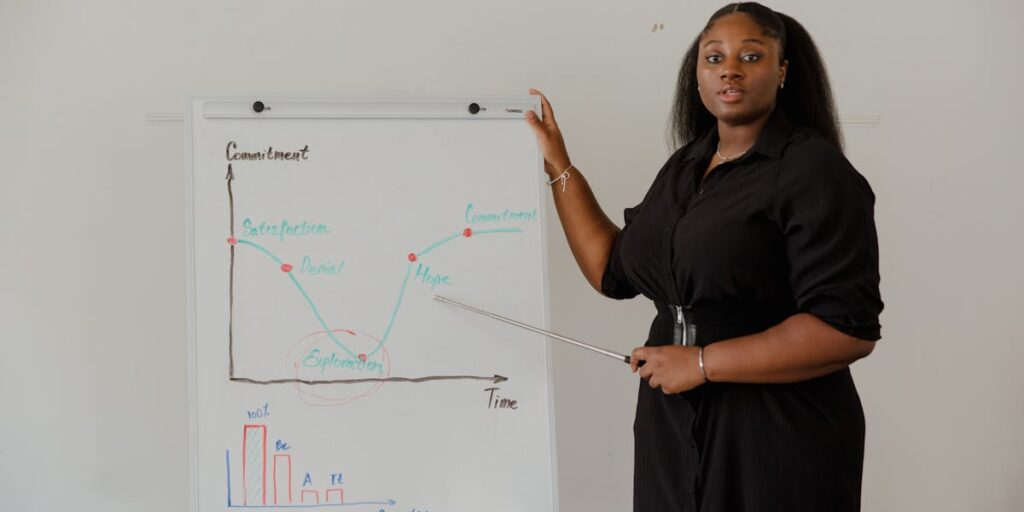Programme Code: MSO
Course Code: MSO-001
Assignment Code: MSO-001/AST/TMA/2024-25
Power is the ability to influence or control the behavior of people, groups, or institutions to achieve desired outcomes. It plays a central role in social relationships, politics, economics, and institutions, determining how decisions are made and who holds authority in a society. Power is not just about coercion; it also involves the ability to shape opinions, perceptions, and the way individuals think and act.
What is Power?
Power can be understood as:
- Authority: The legitimate or socially accepted right to exert control.
- Coercion: Using force or threats to influence others.
- Influence: Persuading or guiding others without using force.
Sources of Power
Power comes from different sources, which can be broadly categorized as follows:
1. Legitimate Power
This type of power is derived from a person’s position or role in a social structure. People comply because they recognize the authority of the individual or institution. For example, a king, president, teacher, or manager has legitimate power because of their position.
- Example: The president of a country has legitimate power to make laws because they hold the highest office, and citizens recognize this authority.
2. Coercive Power
Coercive power is based on the ability to punish or impose consequences. People obey because they fear negative outcomes. This kind of power often involves the use of force, threats, or punishment.
- Example: A dictator or military regime can have coercive power, where people follow orders out of fear of imprisonment or harm.
3. Reward Power
This power comes from the ability to give rewards or benefits. Individuals or groups follow because they expect to gain something in return, such as money, promotion, or approval.
- Example: An employer can offer bonuses or promotions, giving them power over employees who desire these rewards.
4. Expert Power
Expert power is derived from knowledge or expertise in a particular area. People respect or follow individuals who have specialized knowledge or skills that are seen as valuable or necessary.
- Example: A scientist or doctor may have expert power because their knowledge is crucial in making decisions about health or technology.
5. Referent Power
Referent power comes from being admired, respected, or liked. This power is based on personal characteristics, such as charisma, charm, or integrity, that attract others to follow or emulate.
- Example: Celebrities, social media influencers, or popular political leaders often have referent power because people admire or identify with them.
6. Informational Power
This type of power is based on having access to important information that others do not have. Individuals or groups can use this information to influence decisions or control others.
- Example: A whistleblower or journalist may have informational power if they possess secret information that can expose corruption or change public opinion.
7. Cultural Power
Cultural power comes from the ability to shape or control norms, values, and ideologies within a society. This source of power is often seen in media, education, or religion, where institutions influence what is considered acceptable or normal behavior.
- Example: Religious leaders or media organizations can exert cultural power by shaping societal beliefs and values.
8. Economic Power
Economic power is derived from control over resources, wealth, or the economy. Individuals, corporations, or governments that control significant economic resources can influence decisions and behaviors.
- Example: Large corporations or billionaires often have economic power because their wealth allows them to influence markets, governments, or even public opinion.
Conclusion
Power can come from various sources, ranging from formal authority to personal influence and control over resources. Each type of power operates in different contexts and shapes social dynamics. Understanding the sources of power helps explain why individuals, institutions, and groups are able to control or influence others in society.
Additional Articles:
Discuss the different roles that religion plays in Indian society with suitable examples. (500 words)
What are the difference between old social movements and new socialmovements? Discuss with examples. (500 words)




